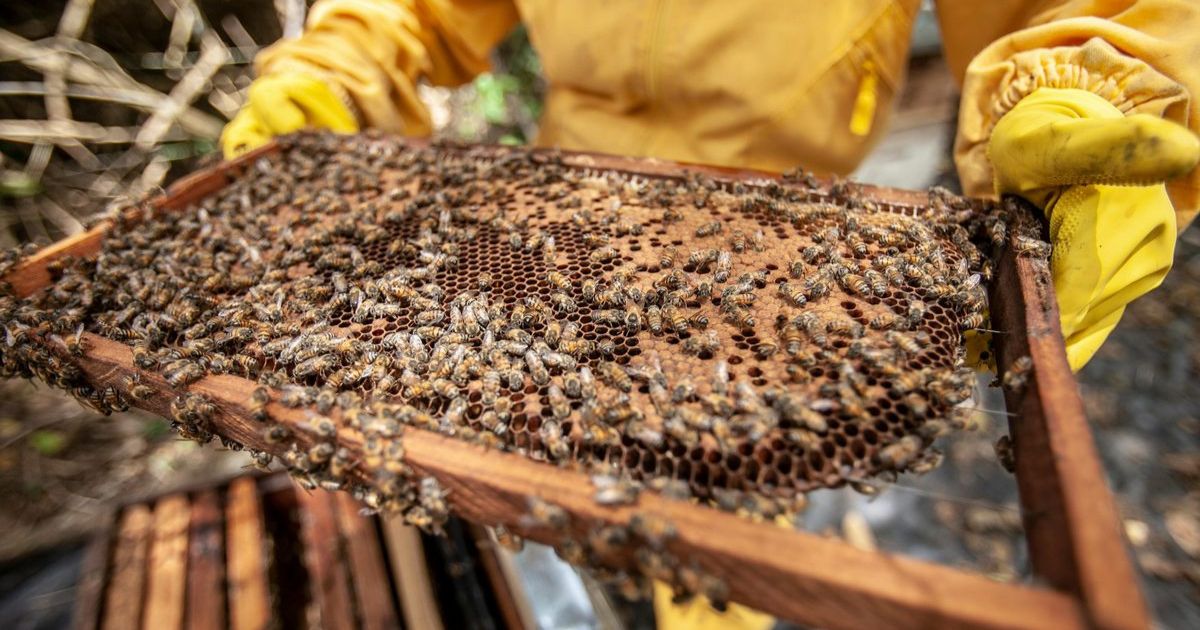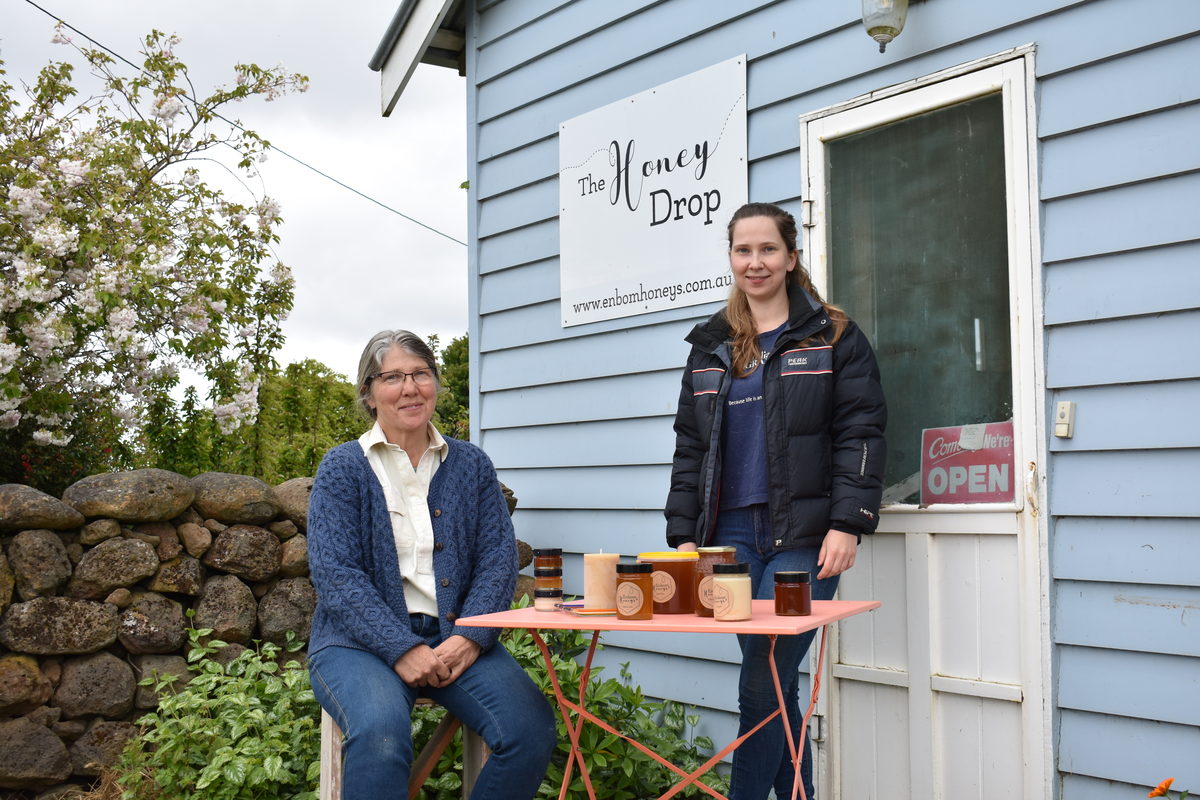Beekeepers urge organics approval to combat mite

Against the mite: Lessons learned from managing varroa mite across the ditch were in the spotlight as 120 commercial beekeepers gathered recently for the Victorian Apiarist Association's 60th anniversary conference. Photo: SUPPLIED
LOCAL commercial beekeepers are calling for urgent government approval of organic treatments to help combat varroa mite and the major food security threat posed by the parasite.
The destructive varroa mite continues to spread, now confirmed in beehives in Victoria’s Gippsland region, after it was confirmed near Maryborough earlier this year.
Lessons learned from managing the destructive pest in New Zealand were in the spotlight as 120 commercial beekeepers gathered at Maryborough recently for the Victorian Apiarist Association’s 60th anniversary conference, which was packed out.
“We flew in a guest speaker to chat about challenges in New Zealand 30 years on, and how we can learn from that,” said Victorian Apiarist Association president, Dunnstown commercial beekeeper Ange Enbom of Enbom Honeys.
“The big message from our conference was that we have to look toward organic treatments and we need government support to approve the use of organic treatments like oxalic acid.
“The cost of varroa to commercial beekeepers is conservatively $100 per hive, and when you’re working 1000 plus hives the additional cost to beekeepers is going to add up very quickly. It has the potential to put many beekeepers out of business.
“But the approval of the use of organic treatments, such as oxalic acid, will help us reduce the cost.
“We now have a petition going with the different associations trying to get their members advocating for this. We hope to work with government in getting this through. We need to go federal because we’re talking about chemical policy.

“Our losses might be up to 80 percent in the first few years. When we lose all the feral hives that are pollinating orchards and farm crops for free we’re going to see an impact on food security.
“Bees are the canary in the mine. It’s about food security and it’s critical that we as an industry get support.
“One of the biggest things is to stop using chemicals in gardens, and for councils to stop using chemicals and support organic options instead. The impact of chemicals on bees is pretty toxic.”
Everyone can help support beekeepers by buying local honey, Ms Enbom said, as Rural Aid now urges beekeepers and all primary producers affected by the most recent detected varroa outbreak to access its support services.
Rural Aid CEO John Warlters acknowledged the serious threat posed by the parasitic mite and confirmed the organisation’s commitment to supporting impacted beekeepers as well as the broader farming community.
“Bees are our littlest livestock, but they are essential to the health of many Australian farms and food industries,” Mr Warlters said.
“The varroa mite threatens not only honey but the pollination that underpins our crops and fruit production. Protecting beekeepers is protecting the entire food chain.”
Primary producers impacted by the varroa mite outbreak, or facing hardship for any reason, are now being encouraged to register with Rural Aid via ruralaid.org.au/services-provided or by calling 1300 327 624.


















